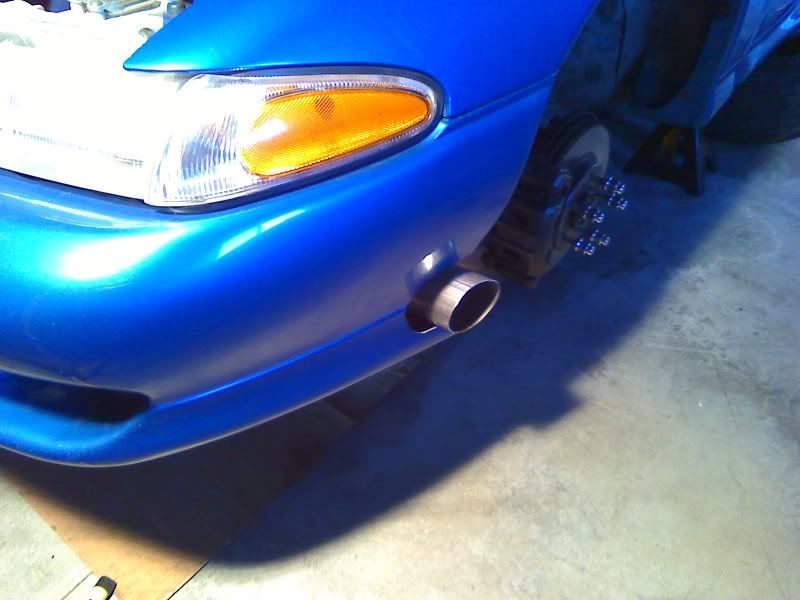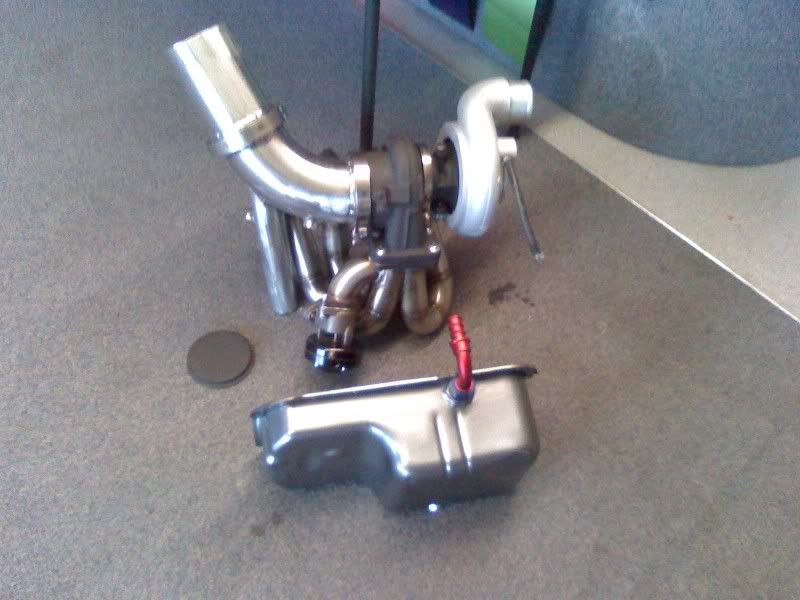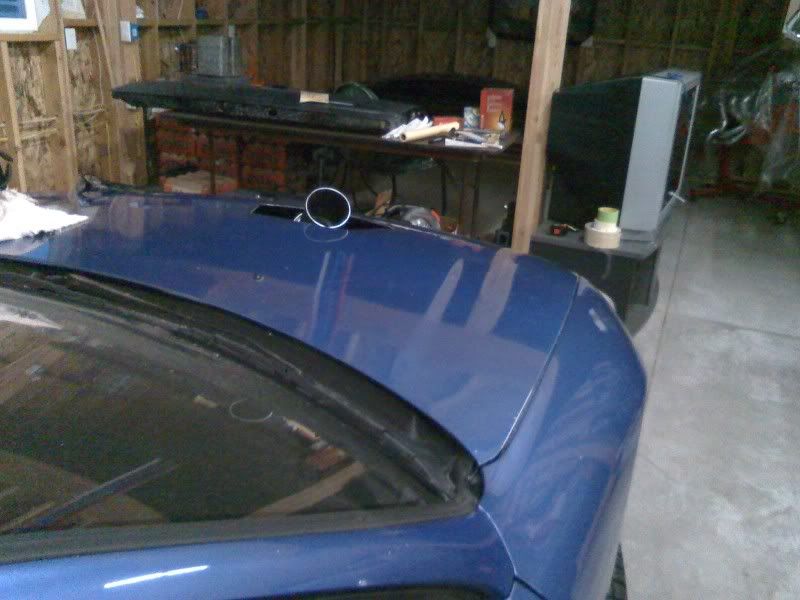amouzouris wrote:an engine will be a certain percentage efficient...another percentage will be wasted as heat and another percentage as sound...what the turbo is doing is making the engine more efficient using the wasted HEAT energy...sound has nothing to do with it..
I understand how a turbine extracts energy from an expanding gas fairly well... And that the turbine gets very little or maybe no energy from the sound being generated. This is not really what I was inquiring about. I was asking, more specifically if a turbine and associated parts (housing, blades, etc) would result in a lower volume (as in dB) out of the "tailpipe".
hardingfv32 wrote:
I think the sound is a product of the fluctuation in flow, valve activity, turbulence, etc. Heat is generated when you try to reduce the sound level. Could the turbos reduce the fluctuations and also use the heat generated from the effect?
Brian
Why is heat generated when you try to reduce the sound level?
noname wrote:amouzouris wrote:what the turbo is doing is making the engine more efficient using the wasted HEAT energy...sound has nothing to do with it..
It's not only about heat. You have a pressure drop across the turbine stage (and not that small), as well.
The way you are mixing exhaust gases with ambient has significant impact on noise. Chevron nozzle used in the jet engines are good example.
I have a well rounded background in how sound behaves when it applies to jet exhaust. the chevron nozzle design was developed to enhance mixing of hot, high velocity gas with cold low velocity gas while resulting in a lower turbulent flow and less energy being converted into audible sound. I actually did research and wrote a paper on this exact subject.
The pressure drop across the turbine results in lower velocity and lower temp. gas. this should also result in less noise, no?
amouzouris wrote:an engine will be a certain percentage efficient...another percentage will be wasted as heat and another percentage as sound...what the turbo is doing is making the engine more efficient using the wasted HEAT energy...sound has nothing to do with it..
But the sound comes from the wasted energy in the hot, fast moving exhaust gases. So reducing the energy in the gases should result in less noise, no?
I can't help but feel like this discussion is turning into an argument, but I had no intention of that. I just wanted to understand why the engine design that is the subject of this thread would be so loud and spectacular if the engineers were trying to extract the most amount of energy possible from the very thing that is creating the noise in the first place.
P.S. - does anyone have any idea about where I could find out more about the turbo diesel systems in ALMS (specifically the Audi). I cannot believe that a soot catalytic converter would be responsible for virtually silencing such a powerful machine. Im not saying that is untrue, I just do not understand how it could be.









